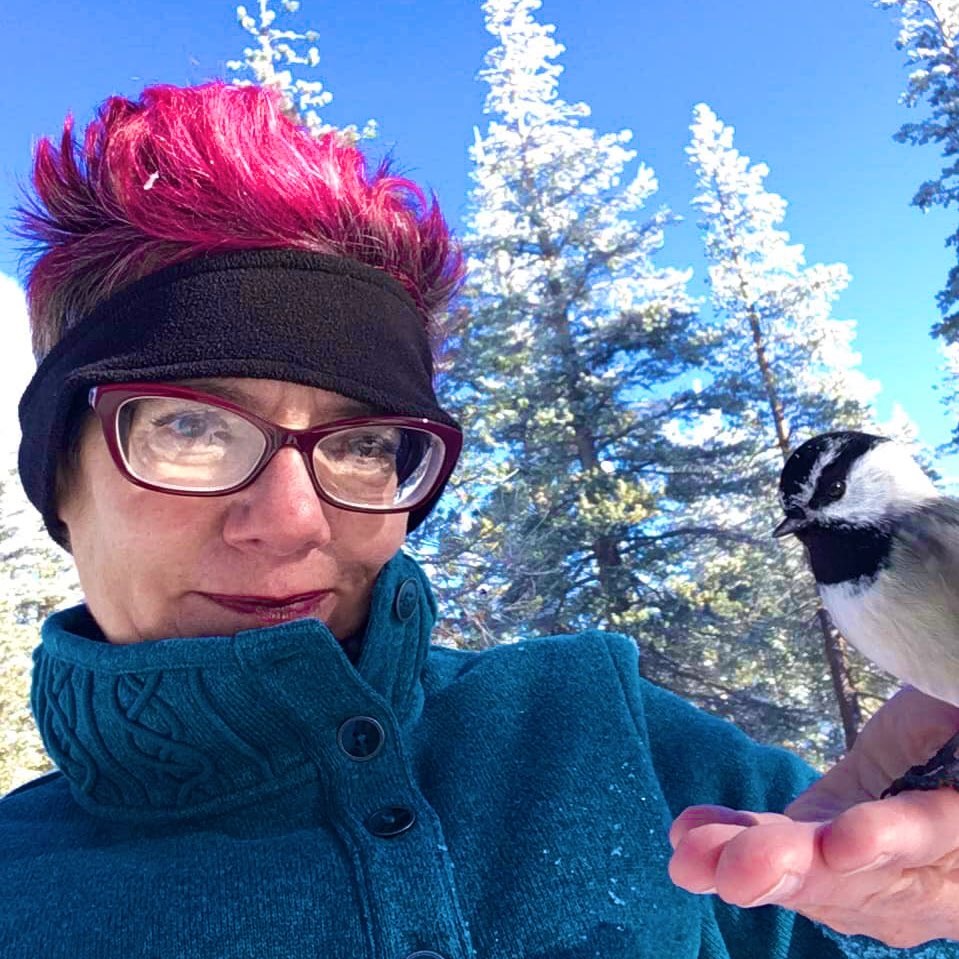Dentons Talks to Cover Lifes Origin Ordonates
Dentons Talks to Cover Lifes Origin Ordonates
Jan 7, 2020

Denton’s Talks to Cover Life’s Origin, Ordonates
Learn about the theories of how life formed on Earth and the possibility of life on other planets during aquatic ecologist Marianne Dentons presentation Astrobiology: Were Still Figuring Out How Life Started on Earth on Jan. 25 at Jack. C. Davis Observatory at Western Nevada College.
Doors open at 6 p.m. for the free 6:30 p.m. presentation.
Denton is an aquatic ecologist, environmental scientist and a student of astrobiology, which is the study of geological and chemical conditions that led to the origin of life on Earth and may lead to the formation of the building blocks of life on other worlds.
She will discuss the essentials for and definition of life, competing hypotheses for how life formed on Earth, and how scientists use those to consider life elsewhere. In addition, current missions to explore astrobiology in the Solar System and beyond will be highlighted.
Besides looking at tiny water creatures and learning about planetary science, Im active in public engagement in community centers, classrooms and youth groups, Denton said. Increasing science literacy is a personal passion.
Denton will also provide a free talk on Odonata Odyssey: Nevadas Dragonfly and Damselfly Diversity on Feb. 22. The free presentation starts at 6:30 p.m.
Odonates, informally known and loved as dragonflies and damselflies, are insects with an aquatic larval stage and a terrestrial adult stage. Arising more than 250 million years ago during the Permian period, odonates have been infused in art and folklore for centuries.
Besides being the inspiration for planetary exploration and design, odonates are excellent indicators of water quality here on our home planet. This presentation will focus on the life history of odonates, their diversity over time in Nevada and threats to habitat.